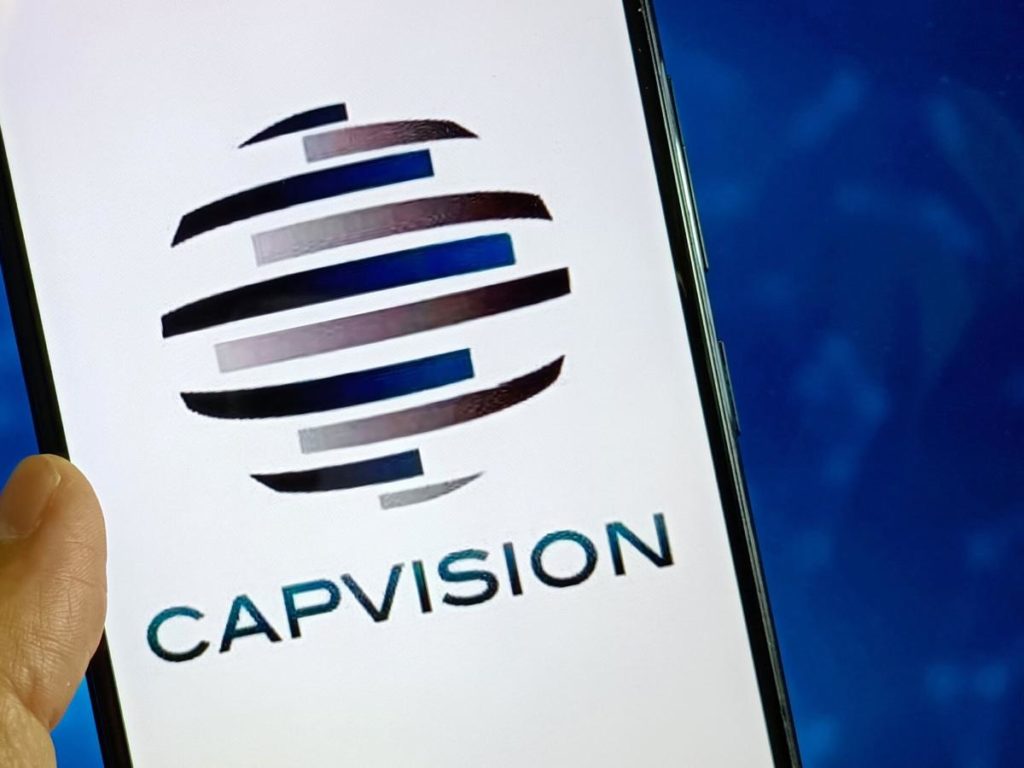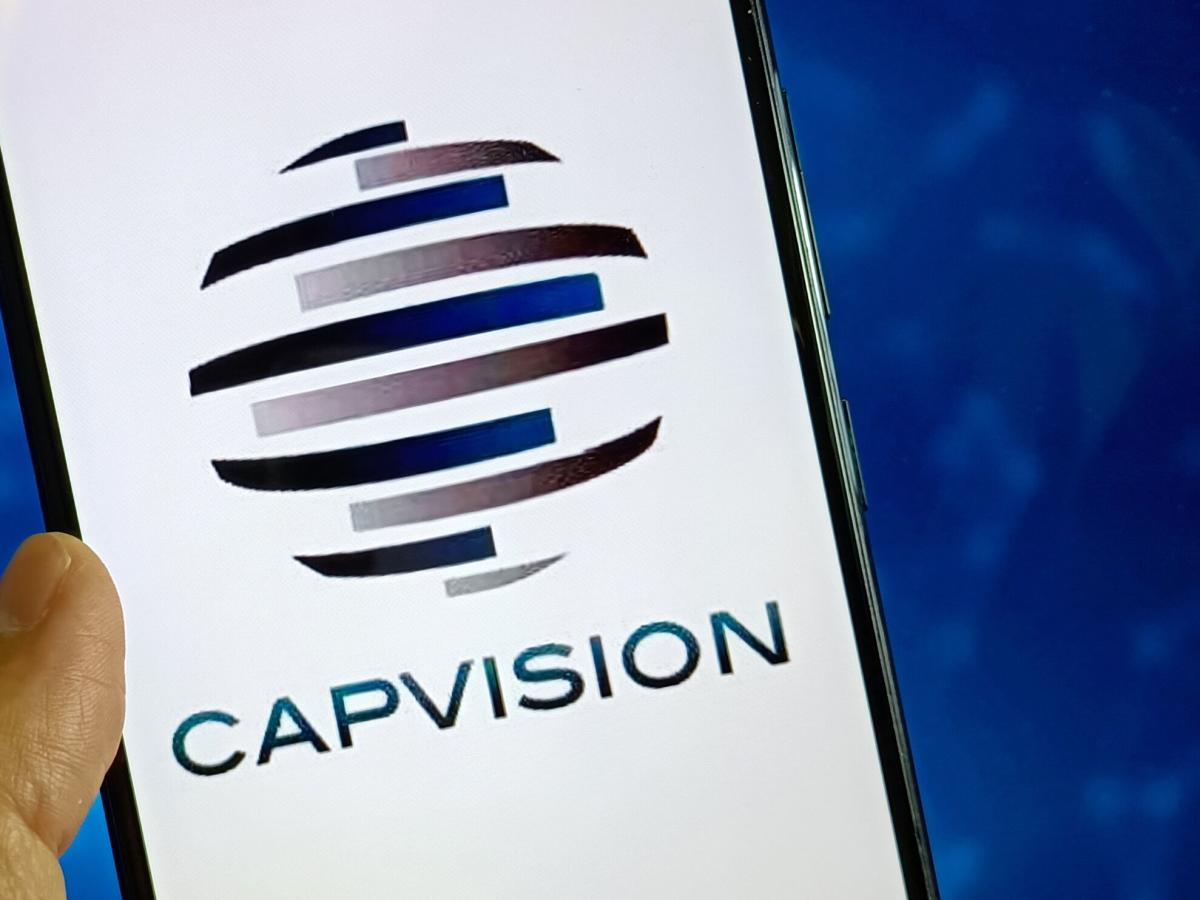Why China’s Anti-Spy Campaign is Targeting This Global Consulting Firm
…


(Bloomberg) — Beijing’s crackdown on foreign consulting firms in China has found its first official public target: Capvision Pro Corp.
Most Read from Bloomberg
The global expert network was the only company to be named in a state media report this week announcing the country’s nationwide anti-espionage campaign. While China’s recent push to tighten foreign access to sensitive information has affected other firms, such as domestic data company Wind Information Co., Capvision is facing a unique level of public scrutiny.
One state broadcaster aired footage this week of security officials seemingly raiding the firm’s offices, questioning employees and seizing more than 20 computers — a rare public display of state action against a foreign company. It’s unclear exactly why Capvision, in particular, has attracted such outsized attention.
Here is what we know about the company:
1. What is Capvision?
Capvision was founded in 2006 by a team of former management consultants and investment bankers, including two graduates from the University of Pennsylvania’s Wharton School who had previously worked at Bain & Co. Xu Rujie is the CEO, according to its 2022 prospectus for a potential public listing. Today, it runs one of China’s largest expert-research platforms. Headquartered in Shanghai and New York, the company has a global network of more than 450,000 experts providing services such as industry research and business consulting. While the firm remains private, it’s had three attempts at going public. It initially signed an A-share listing agreement in 2020, then attempted a listing in Hong Kong in 2021 and again the following year. Capvision’s 2022 prospectus to the Hong Kong Stock Exchange said the company accounted for 33% of China’s expert consulting market. Most of its employees are based in China, with 638 in Shanghai and 39 in New York City, the prospectus showed.
2. Who are its clients?
Capvision says it has more than 2,000 clients include hedge funds, management consulting firms and multinational companies. In its 2022 prospectus to the HKEX, its clients included 90% of the top 20 venture capital and private equity companies in China, 90% of the top 10 technology, media, and telecoms firms, and the 20 largest securities companies.
The ruling Communist Party’s top legal body paints a different picture. On Tuesday, the Central Political and Legal Affairs Commission shared a report claiming the company had accepted consulting projects from overseas companies with close ties to foreign governments, and military and intelligence agencies. The report cited a police officer saying Capvision also accepted consulting projects in sensitive fields such as national defense and cutting-edge technology — both areas where Washington has imposed trade restrictions on China in recent months.
3. What are authorities investigating?
The company has been accused of leaking state secrets, according to state broadcaster CCTV. Furthermore, one Shanghai-based security official told CCTV it has no compliance structure for managing its national security risks. China last month passed a vague new counter-espionage law that expanded the list of activities that could be considered spying and what is deemed a national security risk. Security officials have raided the company’s Suzhou branch and seized items, according to a Monday report. That raid was part of a synchronized nationwide probe in cities including Beijing, Shanghai and Shenzhen, according to state media. Capvision has offices in those cities, but it wasn’t clear if they had been raided.
4. What has Capvision said?
Capvision said in a statement posted to its WeChat account on Monday evening that it would uphold national security policies and play a leading role in the healthy development of the consulting industry. Bloomberg calls and emails to Capvision on Tuesday were not returned.
In its 2022 prospectus, the firm said that it did not operate any critical information infrastructure or systems that may endanger national security, economic development and public interest.
5. Has anyone been charged?
There have been no public announcements of arrests from the recent raids, but state media has identified two former consultants accused of breaking the law, without providing a time frame for their actions. One individual, identified only by his surname Han, accepted a role as one of Capvision’s experts and engaged in more than 100 consultations, more than 60% of which were for overseas client. He has been sentenced for stealing almost 5,000 internal company documents, including those related to state and commercial secrets, according to the report circulated by the top legal body. Another individual who worked for a key military industry enterprise allegedly accepted consulting projects for Capvision that included information about a military aircraft model, the report said.
6. Have other consultancies been targeted?
Other US consulting firms have found themselves in the spotlight in recent weeks. Authorities have questioned staff at the Chinese offices of Bain & Company and targeted New York-based due-diligence enterprise Mintz Group. But in contrast to Capvision, there was limited domestic media coverage of these firms. China’s foreign ministry put out a short statement saying Mintz is suspected of illegal business operations, separately stating that it wasn’t aware of any raid at Bain’s Shanghai office.
–With assistance from Filipe Pacheco and Bei Hu.
(Updates with details from Capvision’s 2022 prospectus.)
Most Read from Bloomberg Businessweek
©2023 Bloomberg L.P.